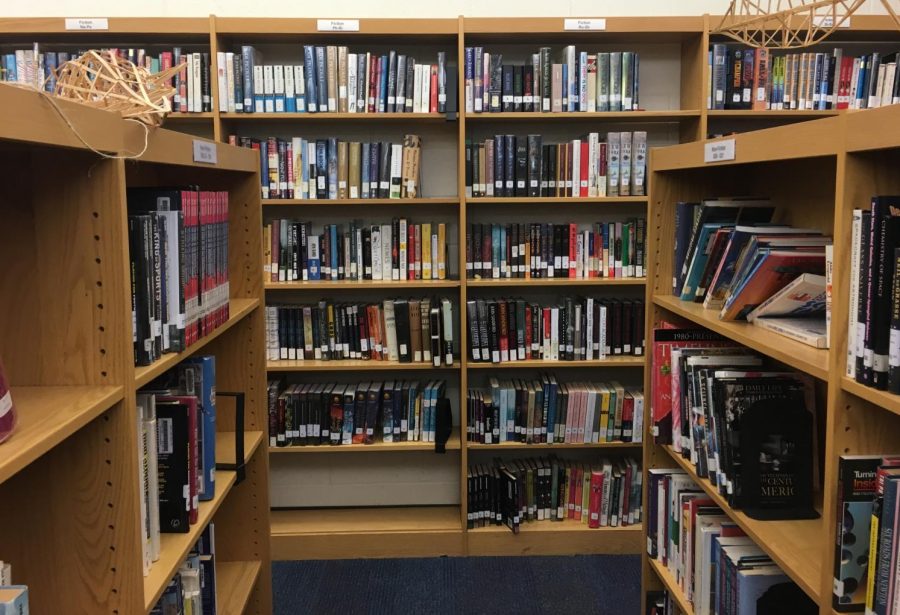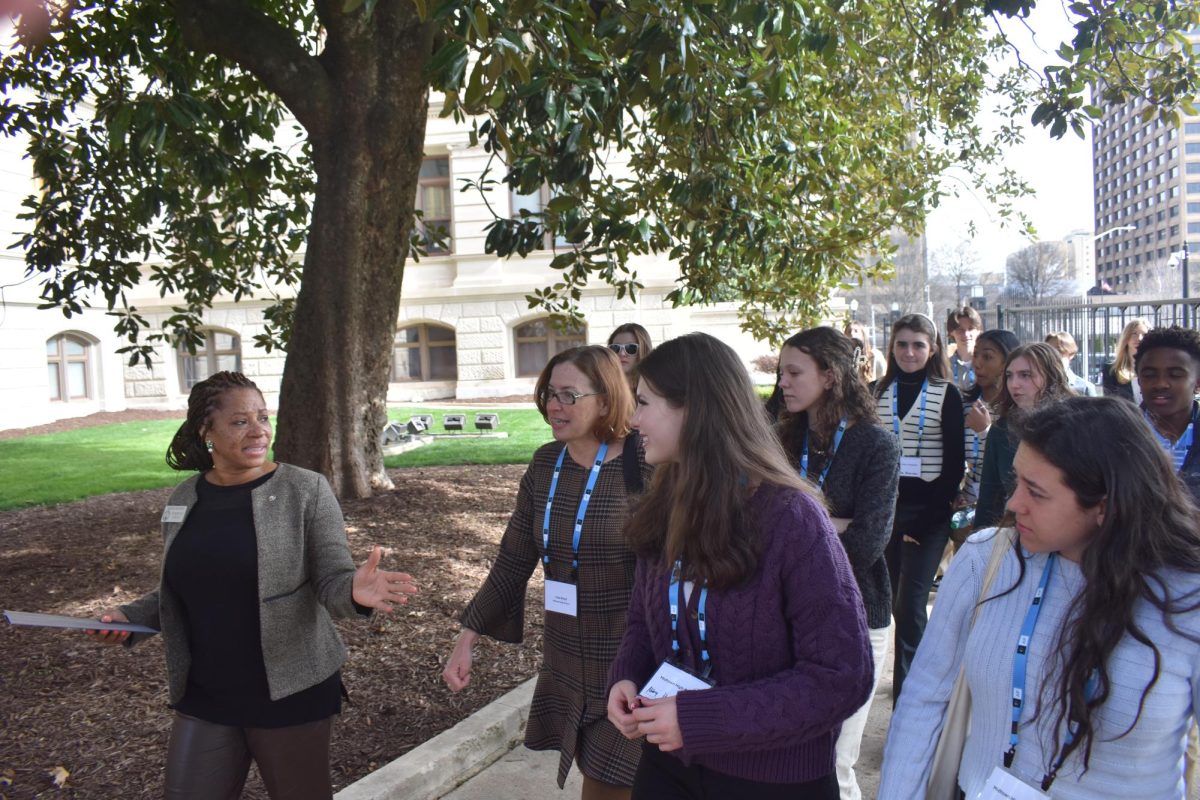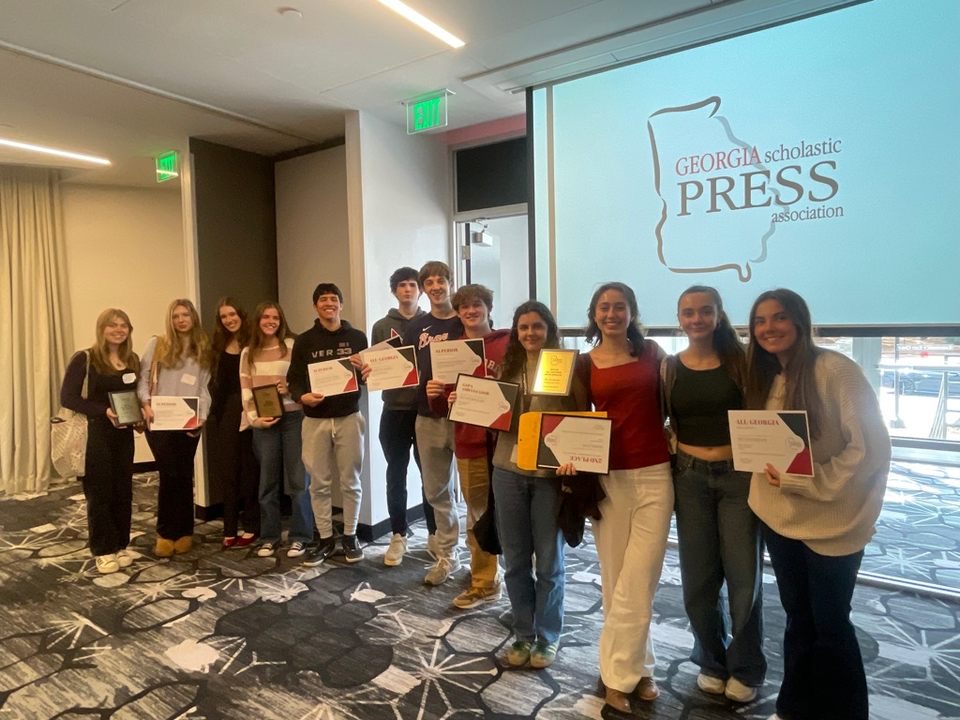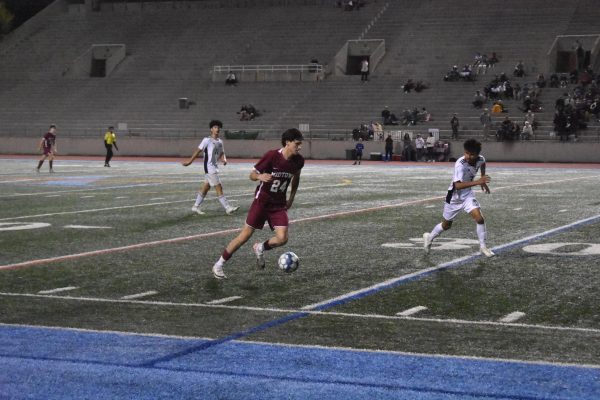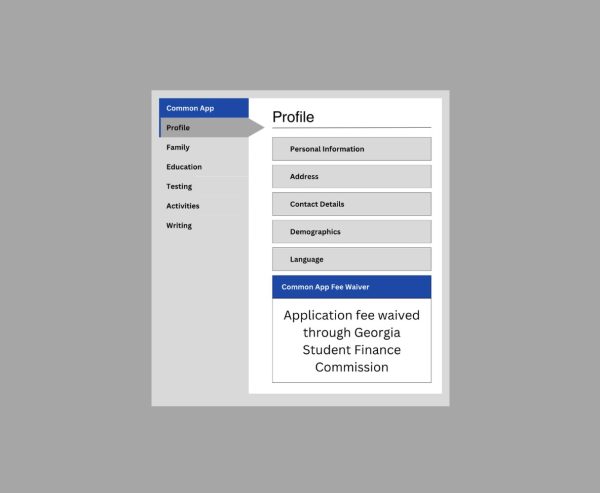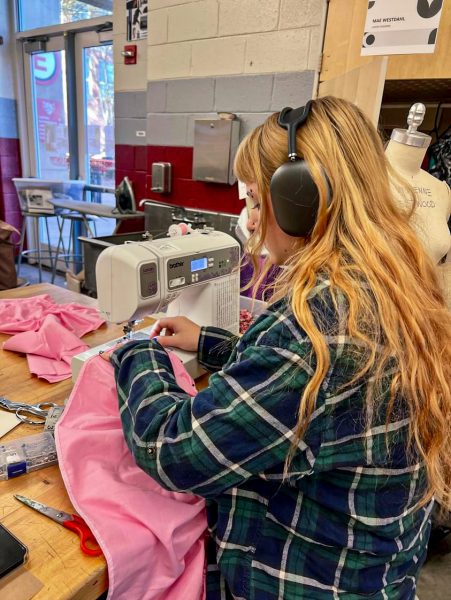Race2Read program aims to boost reading
The goal of Atlanta Public Schools Superintendent Dr. Meria Carstarphen is to bring more students to places like the Grady library to read.
January 15, 2019
Atlanta Public Schools’ Superintendent Dr. Meria Carstarphen is trying to encourage more students to read.
With reading levels on the decline nationally, Dr. Carstarphen knew there needed to be change, so she introduced the new Race2Read program. The program requires students to log hours or minutes spent reading into a computer system. The goal is for all of APS schools to reach a goal of 2 million minutes of total reading by students district wide.
“I think Race2Read is a really good idea for our district,” said 9th and 10th Grade literature teacher Alex Wallace. “It’s a really good way to get students to read more. In the age of technology, books have taken a backseat.”
Dr. Carstarphen had many goals in mind when putting the program in place.
“The goals of the program are to build excitement and enthusiasm around free choice reading and to promote and enhance the district’s current reading culture, which lends itself to performance-based reading,” said Dr. Carstarphen.
The goals followed the hopes that Dr. Carstarphen also had while thinking of the program.
Dr. Carstarphen said the program supports the district’s goal that, “Students will be well-rounded individuals who possess the necessary academic skills and knowledge and are excited about learning.’”
The superintendent added that, “Part of our strategic plan involves closing the equity gap among APS schools and students. This includes ensuring that our children are able to read and write the words that will propel them to become college and career ready upon graduation.”
Even though Dr. Carstarphen has good intentions, some students believe that Race2Read is not necessarily a great idea, and that APS shouldn’t add to the heavy workload that students’ already carry, causing more unnecessary stress.
“I think it’s a bad idea because hours are not tightly regulated and kids should be focusing on finals, and not reading at this point in the semester,” said freshman Nathan Rachwalski.
Others think it’s just a waste of time, and a way to fake a good grade based off of how easy it is to manipulate hours, due to its easily cheated logging system.
“I don’t think that students will take it seriously. They will just treat it like an unrequited assignment and will not participate,” said freshman Liam Bray. “Another thing that will happen is people will just make it up to get the grade instead of actually doing the reading.”
Some students said they believe students were left out of the decision-making process to add to program and as a result, they do not view the program favorably.
“The administration might think it’s a good idea, but they didn’t get any feedback form the students to see if it might actually be effective, which it will not be,” said freshman Christopher Walker.
However, from a teacher’s point of view, the program should not add to their burden, considering reading should be on everyone’s daily agenda.
“The majority of our students are reading on a daily basis,” Wallace said. “Therefore, I don’t believe it’s extra work.”
Race2Read has rewards for students, and classes that reach the highest number of minutes reached. However, the hours can easily be manipulated in order to win individual prizes, as well as class prizes.
“I think we’ll reach 2 million minutes because kids will input massive amounts of fake hours, so their classes will win,” said Rachwalski.
Teachers believe the goal is possible without having to fake hours, and with enough participation, the goal is in sight. Not only that, but it can help increase interest and promote reading even when it isn’t a task.
“I think if we as a district is committed to Race2Read, we will truly accomplish our goal,” Wallace said. “This goal will require all hands on deck to make the goal a reality. This is an excellent way to motivate students to be more intentional as it relates to reading.”
Yet again, however, some students disagree, and believe it will be taken as more of a joke, and that no one will actually participate.
“We might be able to get 2 million minutes because people will mess around, but I doubt that there will be that much more support around the district, due to lack of (student) interest,” Walker said.
Some students believe the goal is unrealistic personally and for the district as a whole.
“It’s easy to lie about your hours, and each student is asked to read an unrealistic amount of hours,” said freshman Hannah Doherty. “We can’t do this on top of all the other homework we get.”

